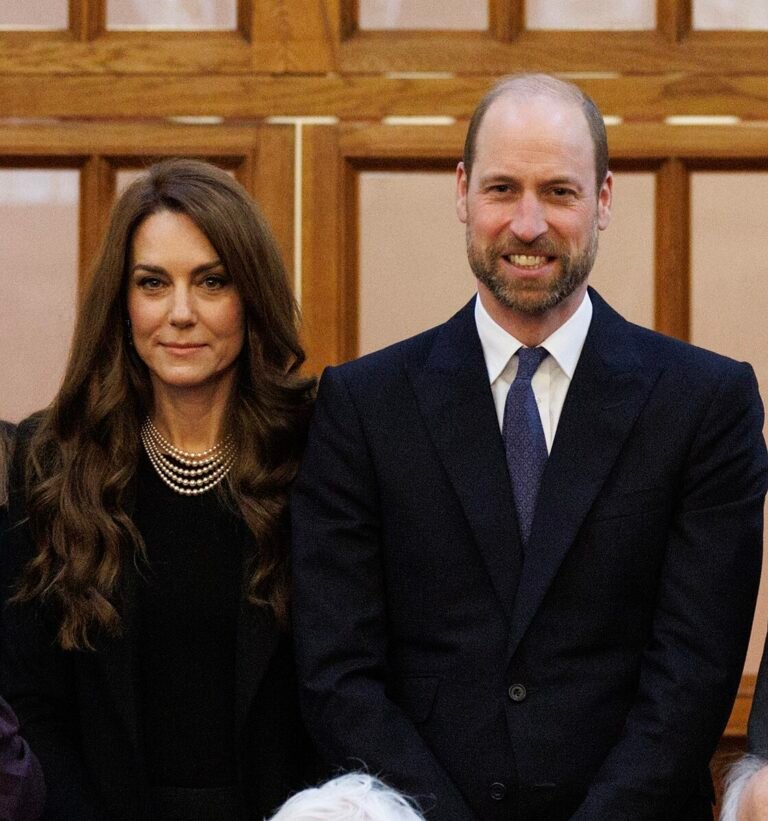Jennifer Lawrence has never been hesitant about talking about how her personal life affects her work. As she gets ready for the premiere of Die My Love, an indie film directed by the well-known Lynne Ramsay, she has been open about what it’s like to work with a director who is both compassionate and very sure of herself. The movie is about a woman dealing with the emotional turbulence of life after giving birth in a remote area of Montana. Lawrence has said that parts of her own path into parenthood subtly influenced how she connected with the role. What jumped out just as much was how much she admired Ramsay and how she gave her performers room to breathe.
Lawrence thought back on her past work with different directors and noticed a pattern. She said that some male directors felt like they had to constantly prove they were in command, even when doing so didn’t help the job move forward. She said this with a mix of honesty and humour, stating that women don’t “overdirect.” Her comment wasn’t only out of annoyance; it was also out of contrast, because she saw something important in the way female directors, in her experience, trust the process and the individuals involved in it.
She continued, “There have been times when I’ve worked with male directors when they need to feel like they’re in charge of the movie all the time.” And it’s not even really making any progress. It’s just a pain. When I think of auteur, I think of controlling and… what’s that word? “Neurotic!” These kinds of moments reveal how Lawrence is both brave and aware of himself. She has always talked about the craft in a way that shows she appreciates it without making the bad or pointless things sound beautiful. Her point of view adds to the current discussion regarding the small disparities that can sometimes be seen between male and female leaders in the film industry.

Lawrence said that working with Ramsay was special because she brought a different kind of energy to the set. She thought Ramsay’s way of directing was down-to-earth, thoughtful, and cooperative, the kind that makes people feel safe instead than scared. Ramsay has a long history of making stories that stick with people, and her earlier movies, like We Need to Talk About Kevin and You Were Never Really Here, show how well she can look at the emotional and psychological layers of human experience with quiet but deep precision. Lawrence thought that this same feeling impacted the set that Ramsay made.
Lawrence said that Ramsay’s style put a lot of emphasis on space and openness. She remembered how the director would always make sure the team was on the same page before stepping back and letting the action happen on its own. Lawrence said that Ramsay would often make himself “invisible” during performances, which made it possible for the actors to find new emotions or gestures without feeling rushed. Lawrence really liked this nuance because it showed that the filmmaker cared more about being real than being in charge.
She remembered how Ramsay would encourage her in the simplest ways. “That’s great, great, yeah, do it again.” We would also chuckle by mistake and say, “Sorry.” And she’d say, “No, it was great.” I liked that you laughed. “Do it again.” These answers meant more to Lawrence than they might seem at first. They showed that they trusted each other. They showed that they were open. And they showed that they believed that sometimes the most powerful moments are the ones that aren’t carefully planned.
This style of working also fit with the tone of Die My Love, a movie that is more about emotional honesty than flashy effects. The novel takes place in the wide emptiness of rural Montana and follows a couple as they deal with the silent storms that come after giving birth. Postpartum experiences, particularly the challenging and unarticulated aspects, necessitate subtlety from both the performers and the creative team. Lawrence has talked frankly about her own journey to parenthood, and she used her own experiences as a guide, not a straight reflection, to help her deal with times when things felt raw and real. Ramsay’s kind supervision gave them the space they needed to explore their feelings.
The relationship between the actor and the director often affects how a movie seems. Lawrence’s regard for Ramsay implies that their partnership is based on trust rather than a hierarchy. Instead of power, Ramsay seems to care more about being there. Instead of telling the performers what to do with every breath, she lets the situations evolve from within them. Lawrence seems to really cherish this kind of artistic partnership, especially after years of working in a business where directors are frequently told to take charge just to show they can.
Lawrence also said that she has seen this trait in many female directors she has worked with. She said that they are less domineering and more interested in understanding each other. Her thoughts allude to a bigger discourse going on in Hollywood about how who is behind the camera affects how stories are told and the places where they are made. There isn’t just one way to be an artistic leader. Lawrence’s appreciation shows how nice it can be when a director leads with empathy, clarity, and trust instead of pressure.
This new movie represents an interesting time in Lawrence’s career. She has gone from big-budget franchises to roles that feel more intimate, reflective, and based on emotional reality. Working with directors like Ramsay lets her tell stories that show how complicated being a woman, a mother, and having an identity can be without making them too simple. The experience also shows how important it is to have creative environments where performers are not just objects to be moved around but people with their own instincts and interpretations.
Die My Love is getting closer to being released. It tells the narrative of a lady who is struggling with postpartum depression and a relationship based on respect. Lawrence’s thoughts remind us that making movies isn’t only about screenplays, settings, or processes. It also has to do with trust, connection, and the unseen strands that give art life.
Her comments may start talks about gender, leadership, and artistic freedom, but they also make a basic point: the best places to be creative are the ones where everyone feels like they belong. In a business where egos often get in the way of feelings, Lawrence’s respect for Ramsay’s quiet confidence is a breath of fresh air. It shows that empathy may be just as important as skill in the future of filmmaking, and that sometimes the best direction is the one that softly steps aside and lets the truth come out on its own.












